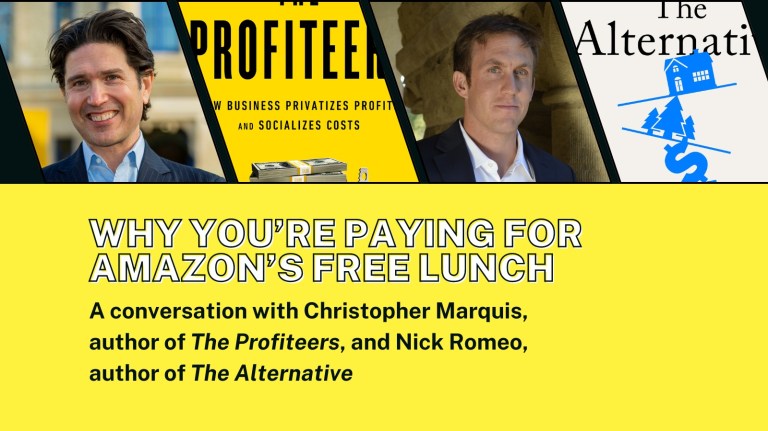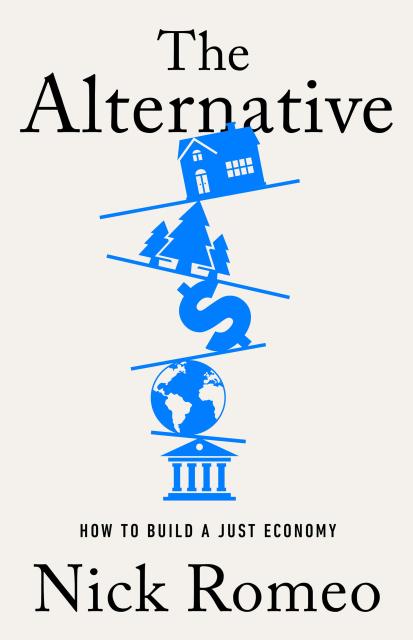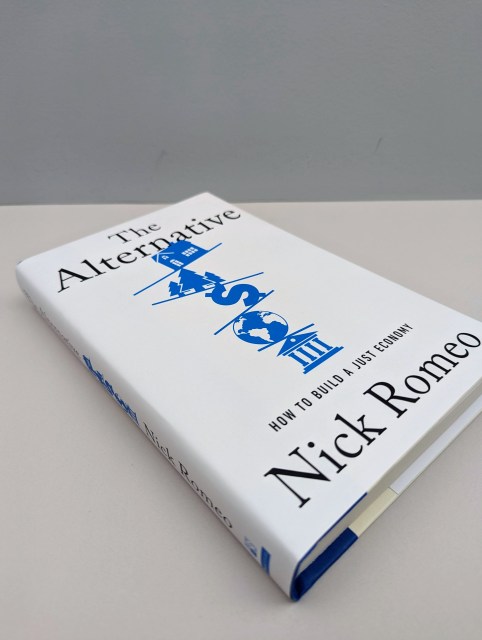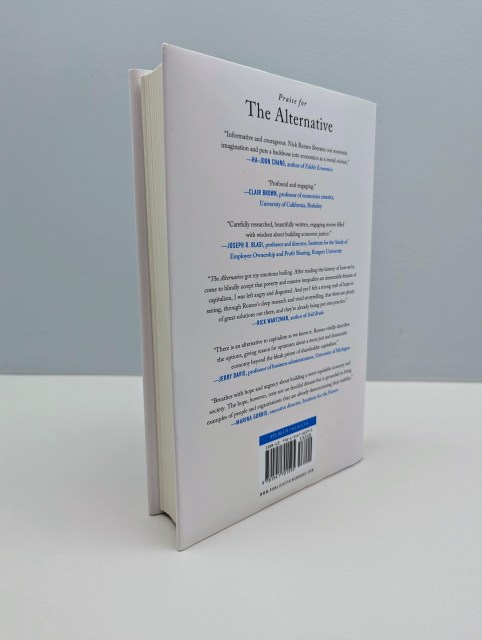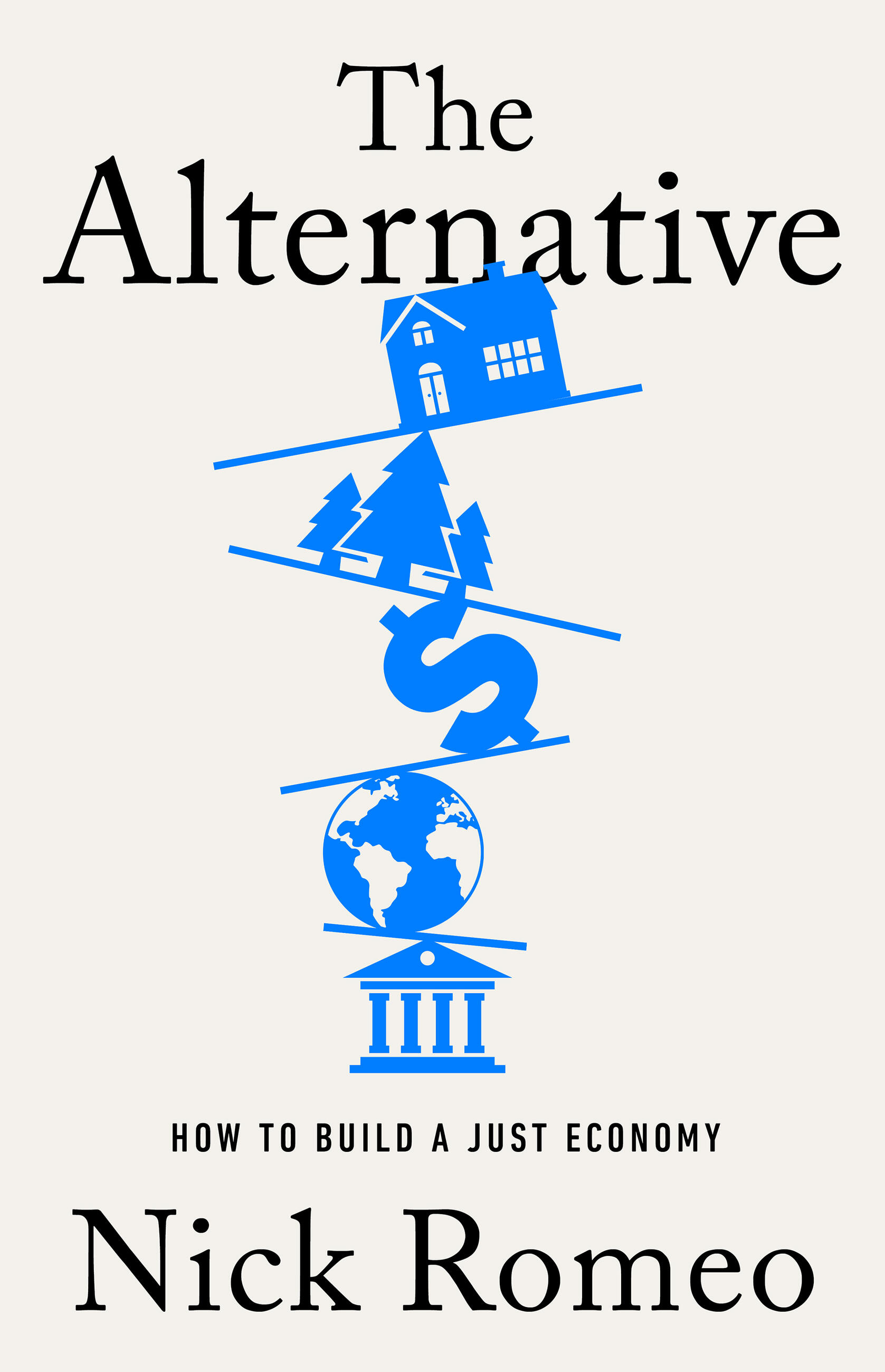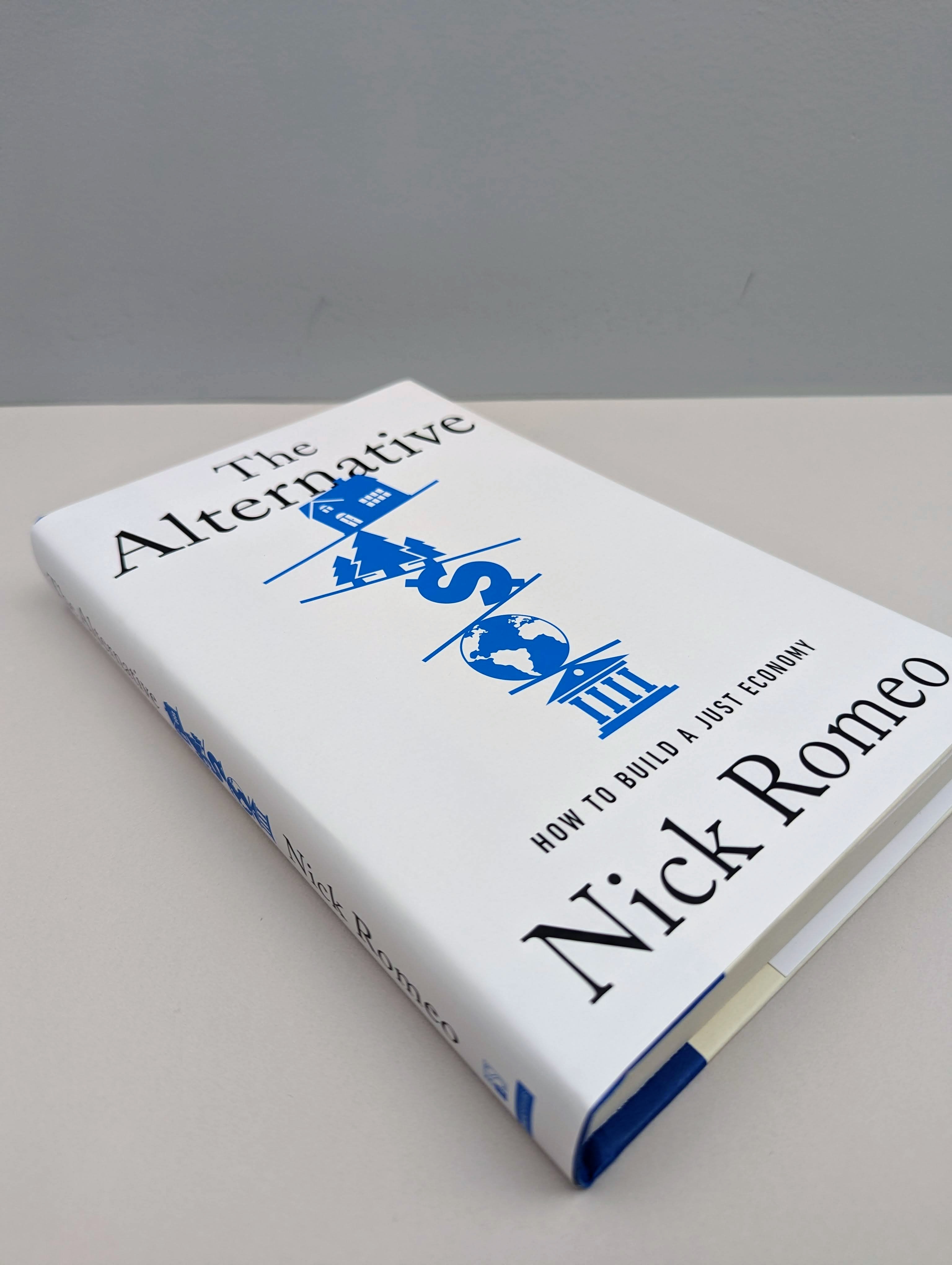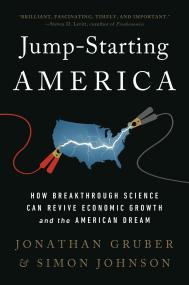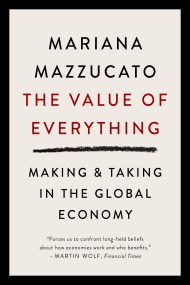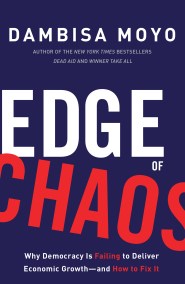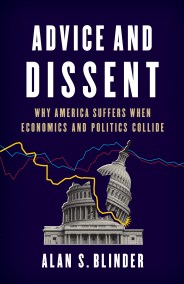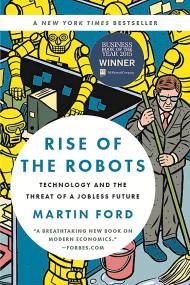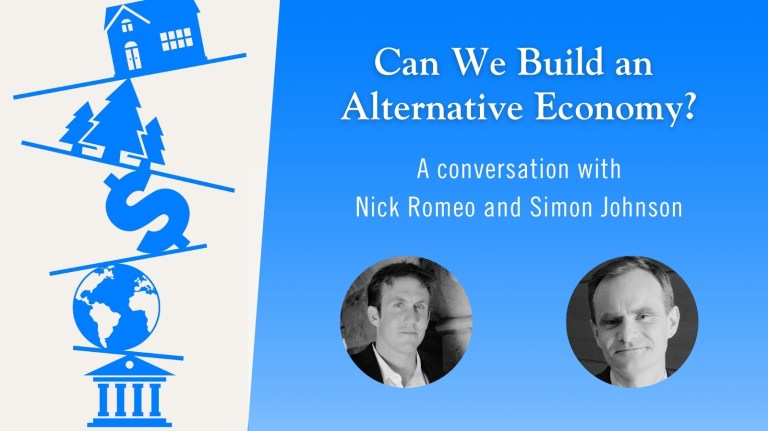Why You’re Paying for Amazon’s Free Lunch: A conversation with Christopher Marquis and Nick Romeo
In 2019, Amazon announced the Climate Pledge, a commitment to reach net-zero carbon by 2040, ten years ahead of the UN Paris Agreement goal. Since then, the retailing juggernaut, which now has about 1.5 million employees, has claimed to have made huge strides toward this goal. But there’s a big catch: the company only accounts…
Read full article
